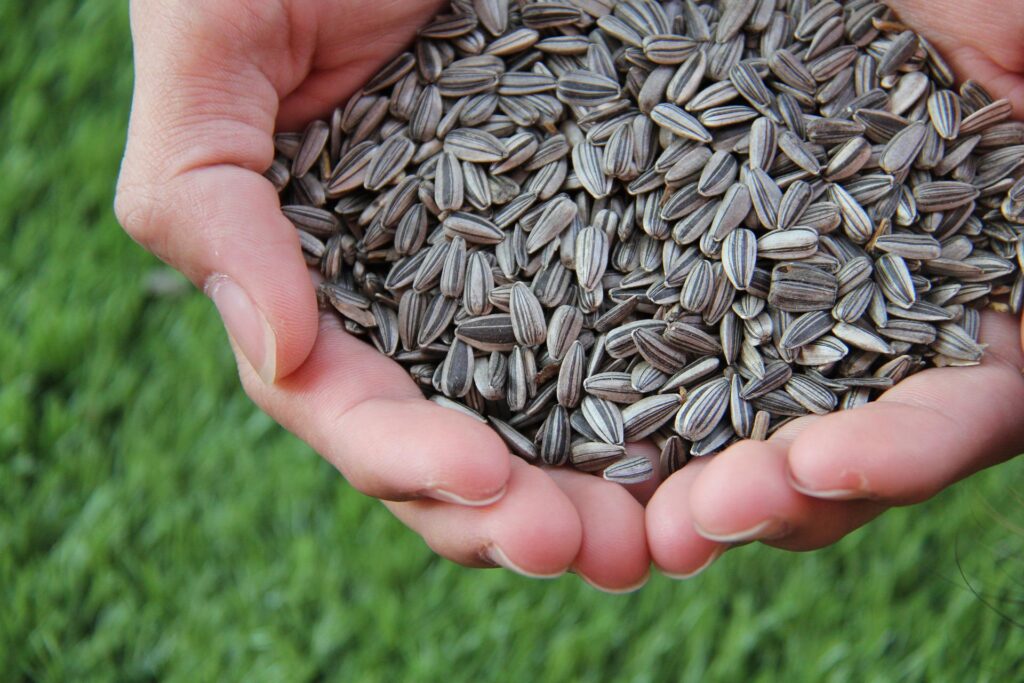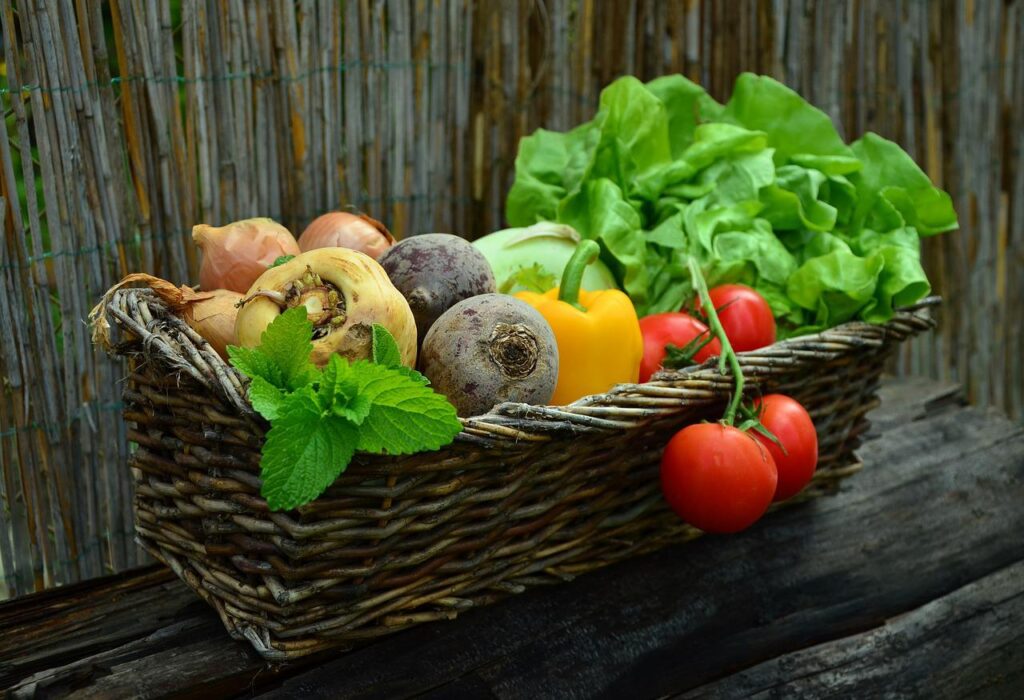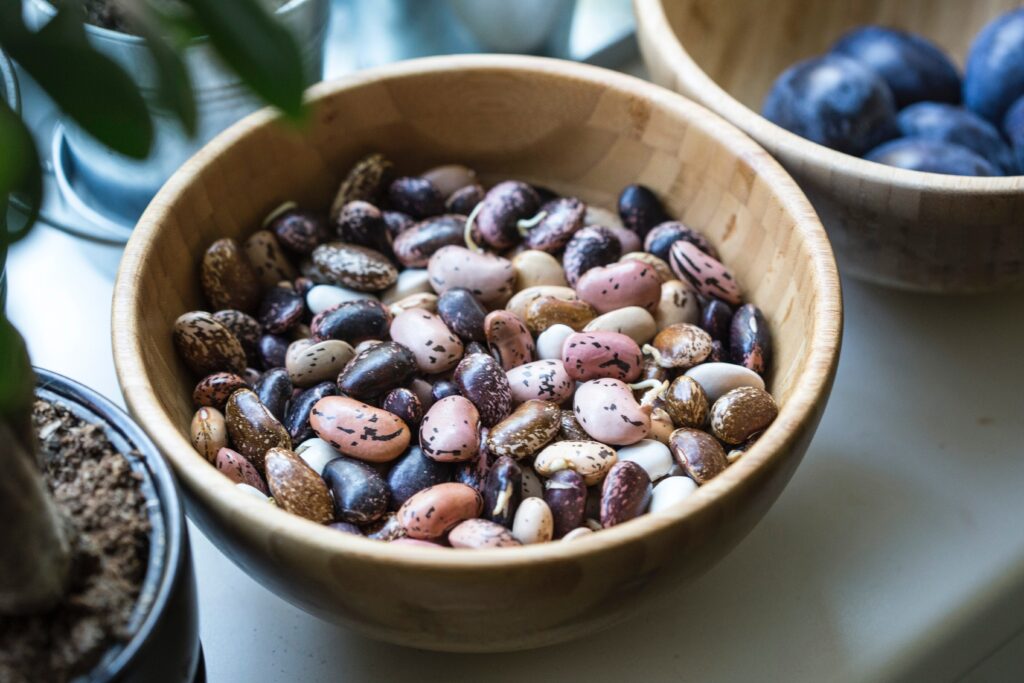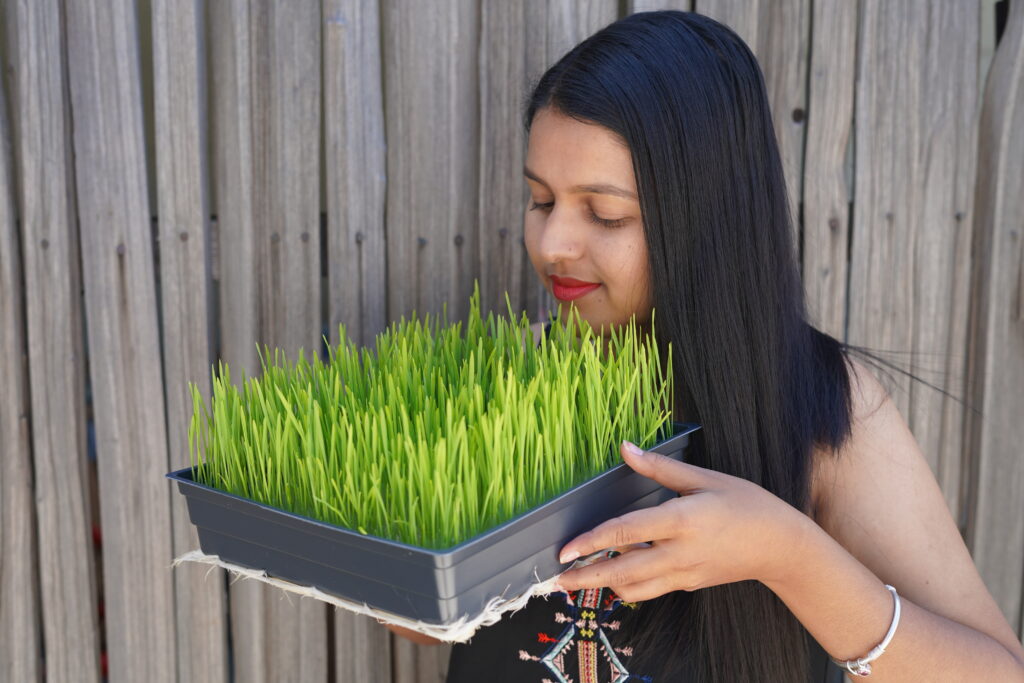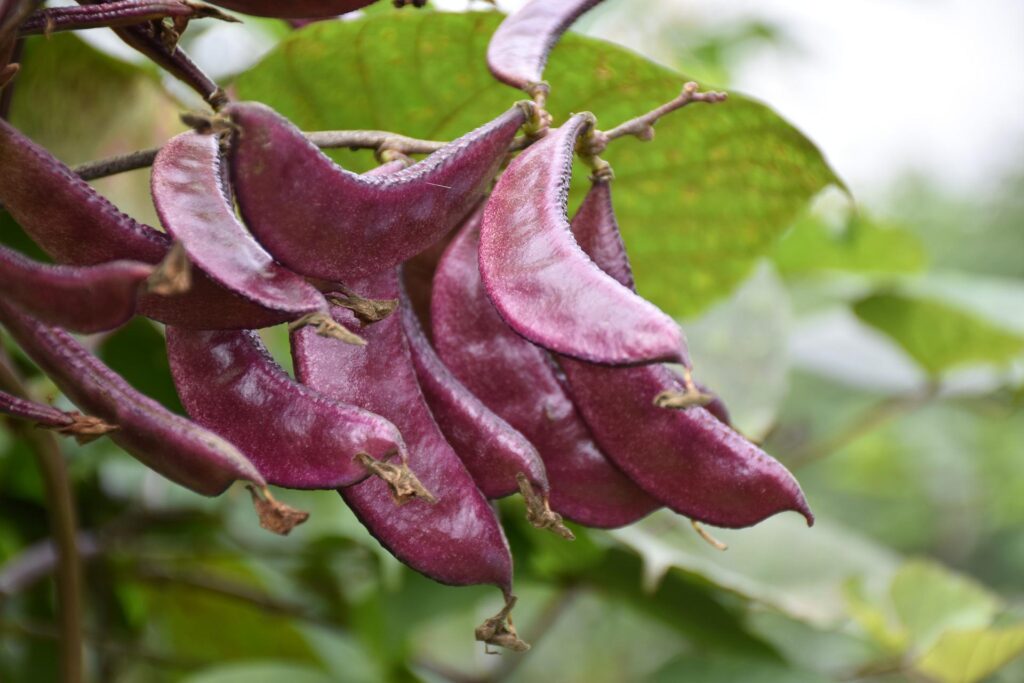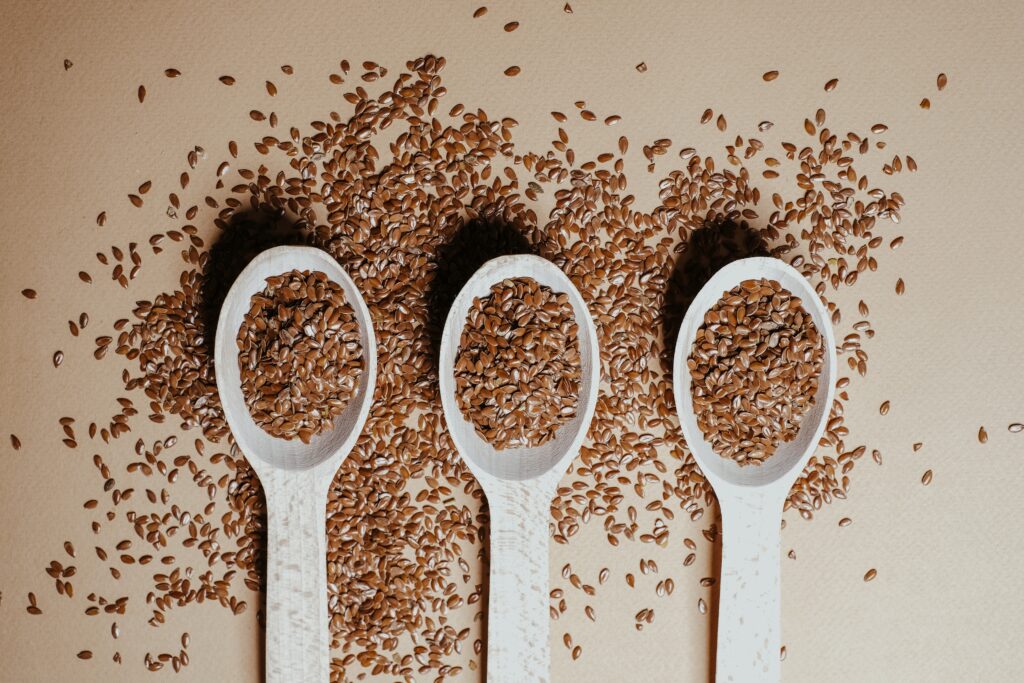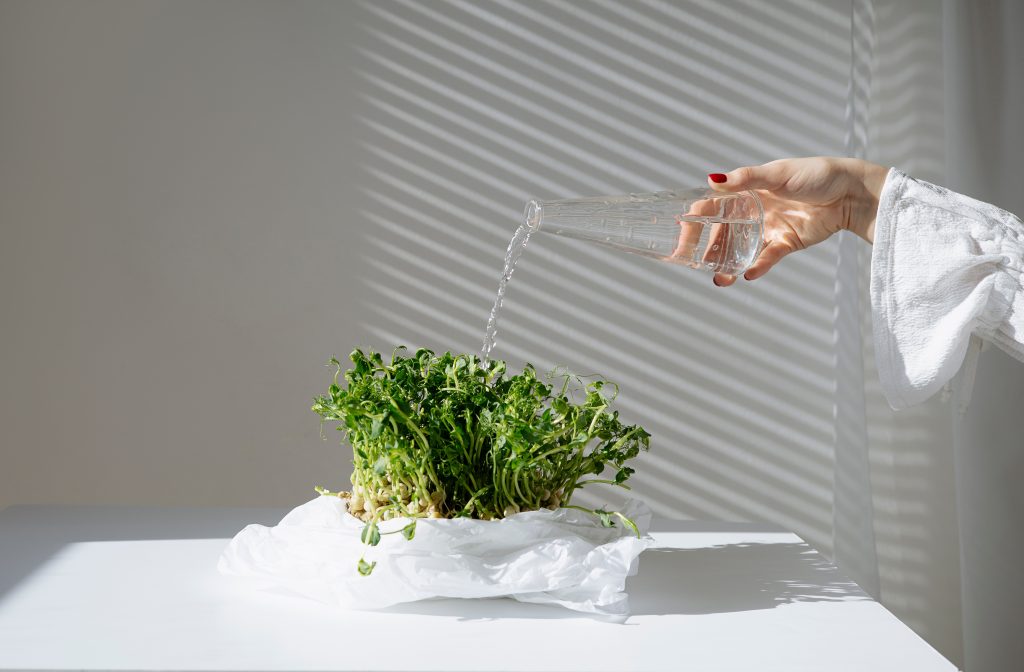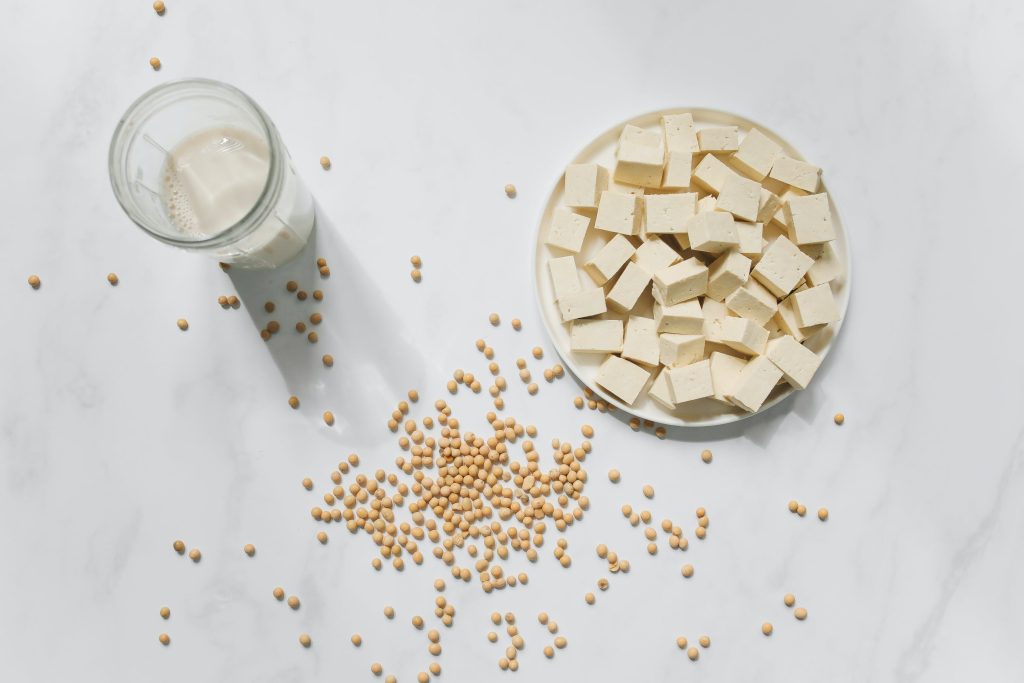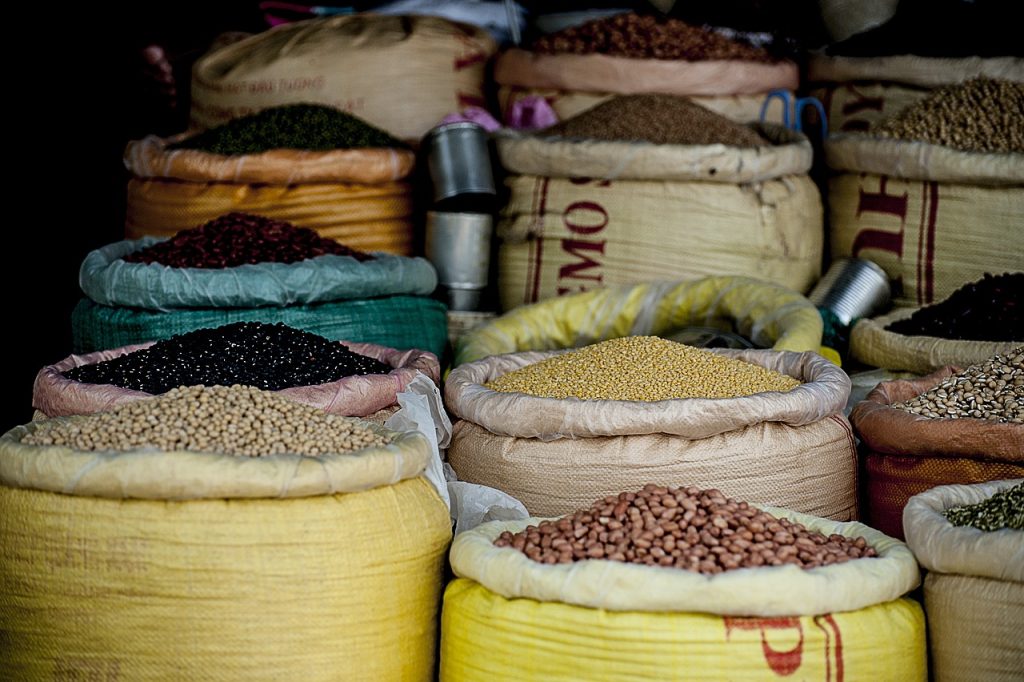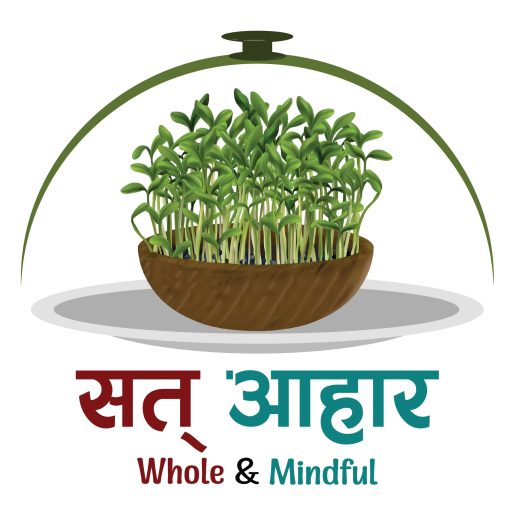Selenium is an essential trace mineral. It aids in the formation of beneficial antioxidants that can prevent damage to cells and tissues and plays a variety of vital roles in the immune system, thyroid function, and reproduction in the body.
Is selenium a concern in plant-based diet?
A plant-based diet can easily provide and fulfill requirements of selenium. Some people who have gastrointestinal issues, HIV or receiving dialysis, its absorption can be ruined. It holds true for all regardless of type of their diet (vegan or nonvegan).
Requirement of Selenium
The Recommended Dietary Allowance (RDA) for adults aged 19 and above is 55 micrograms per day. Pregnant and breastfeeding women require around 60 and 70 micrograms per day, respectively.
| Age group | Selenium requirement (mcg/day) |
| Infants (0-6 months) | 15 |
| Children (9-13 years) | 40 |
| Adolescent (10-18 years) | |
| Male | 55 |
| Female | 55 |
| Adult (19 and above years) | |
| Male | 55 |
| Female | 55 |
| Pregnant | 60 |
| Lactating | 70 |
Sources of Selenium in Plant Based Diet
The quantity of selenium in a specific type of plant-based food is determined by the amount of selenium in the soil as well as a number of other parameters such as soil pH, organic matter content, and whether the selenium is in a form that plants can absorb.
Grains
Cooked long grain brown rice (1 cup): 19 mcg
Whole wheat pasta (1 cup cooked): 42 mcg
Whole wheat bread (1 slice): 13 mcg
Nuts and Seeds
Brazil nuts 1 ounce (6-8 nuts): 544 mcg
Sunflower seed (1 ounce dry roasted): 23 mcg
Sunflower seed butter (2 tbsp): 33 mcg
Vegetables
Spinach cooked (1 cup): 11 mcg
Amaranth leaves cooked (1 cup): 1.2 mcg
Banana (1 large ripe): 2.5 mcg
Legumes
Cooked Lentils (1 cup): 6 mcg
Kidney bean (1 cup cooked): 2 mcg
Chickpea Cooked (1 cup): 6 mcg
Takeaway: Whole food plant-based doubt easily fulfills the selenium need. Even if you take few numbers of Brazil nuts alone weekly it is going to be enough. Our regular food such as brown rice, whole wheat etc. provide good amounts of selenium.

